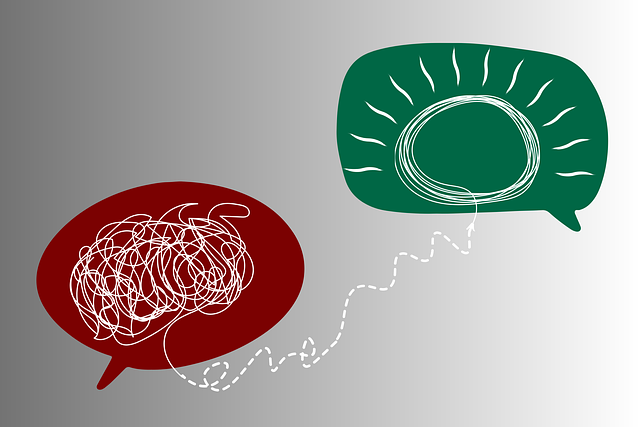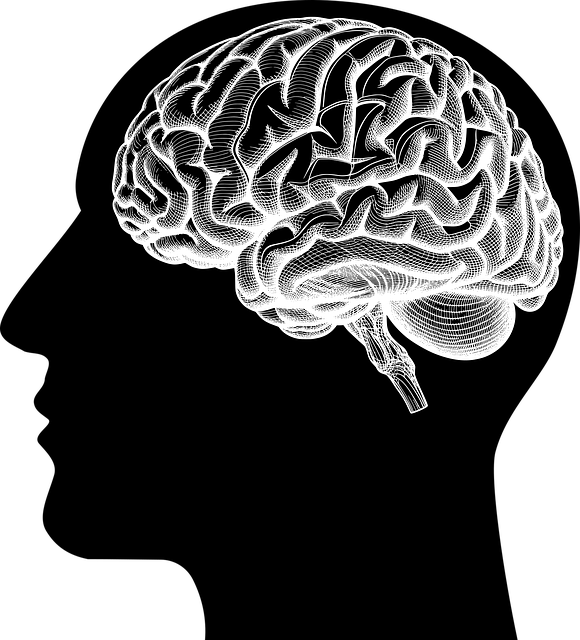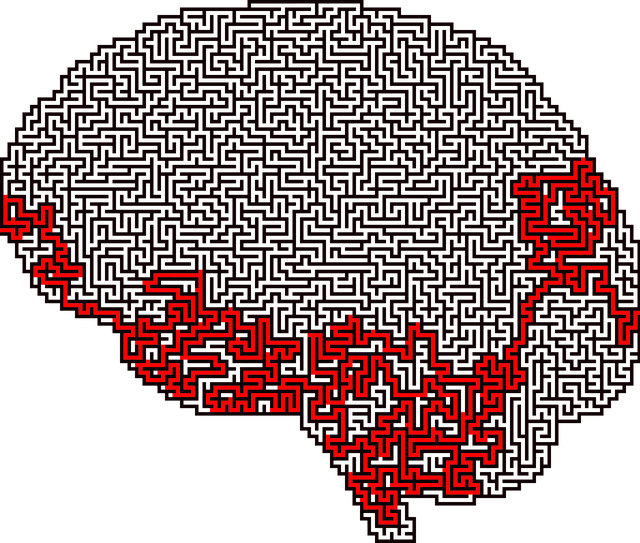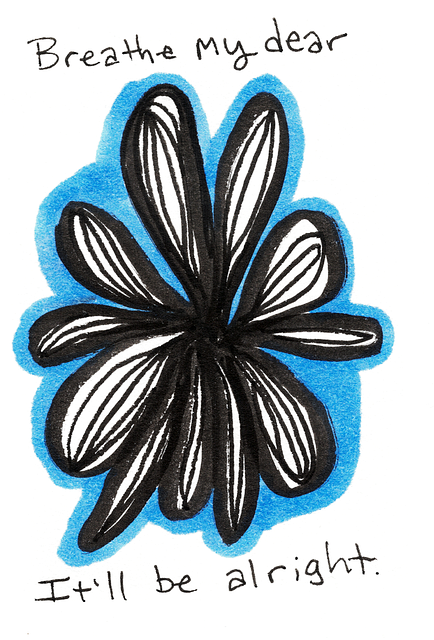Mental wellness programs, particularly Aurora Therapy for Therapists-Clinicians, are revolutionizing healthcare by prioritizing burnout prevention and promoting resilience among mental health professionals. This innovative approach leverages light exposure to regulate mood, improve sleep, and enhance overall well-being, complementing traditional talk therapy. By integrating Aurora Therapy into clinical practice, therapists can differentiate their services, cater to diverse client needs, and bolster public awareness campaigns for mental health. Evaluating success through Key Performance Indicators (KPIs), Mental Health Policy Analysis, and qualitative data from exercises like journaling and empathy building, ensures the program's effectiveness in transforming both therapist and client mental wellness.
Mental wellness programs are transforming lives, and evaluating their effectiveness is paramount. This article delves into the crucial aspect of program assessment, highlighting traditional and innovative techniques. We explore Aurora Therapy—a unique approach designed specifically for therapists and clinicians. By implementing this method, professionals can enhance patient outcomes. Through a step-by-step guide, we navigate the process, followed by key performance indicators to measure success in mental wellness initiatives, ensuring tailored care through evidence-based practices.
- Understanding Mental Wellness Programs: Their Role and Impact
- Aurora Therapy: A Unique Approach for Therapists and Clinicians
- Evaluation Methods: Traditional vs Innovative Techniques
- Implementing Aurora Therapy in Clinical Practice: Step-by-Step Guide
- Measuring Success: Key Performance Indicators for Mental Wellness Programs
Understanding Mental Wellness Programs: Their Role and Impact

Mental wellness programs play a pivotal role in fostering holistic well-being among individuals, particularly within the healthcare sector. These initiatives are designed to support therapists, clinicians, and healthcare providers by addressing their unique challenges and promoting resilience. With the increasing recognition of burnout prevention strategies for healthcare providers, such programs have become essential tools for maintaining optimal mental health. Stress management workshops organization, for instance, equips professionals with effective coping mechanisms, enhancing their ability to care for others while safeguarding their own mental wellness.
Aurora therapy for therapists-clinicians stands out as a game-changer in this domain. By integrating innovative therapeutic approaches, it offers targeted interventions to mitigate stress and burnout, fostering an environment where healthcare providers can thrive. Moreover, mental health policy analysis and advocacy are integral components of these programs, ensuring that the needs of professionals are reflected in broader organizational policies and societal attitudes towards mental wellness.
Aurora Therapy: A Unique Approach for Therapists and Clinicians

Aurora Therapy represents a unique and innovative approach for therapists and clinicians looking to enhance their practice. This method leverages the power of light exposure to regulate mood, improve sleep patterns, and boost overall mental wellness. By integrating Aurora Therapy into their routines, professionals can offer clients a cutting-edge solution that goes beyond traditional talk therapy. The gentle, yet powerful, effect of light stimulation has been shown to reduce symptoms of depression and anxiety, making it a valuable tool for a wide range of therapeutic interventions.
For therapists and clinicians, incorporating Aurora Therapy offers an opportunity to differentiate their services and cater to diverse client needs. By promoting balance in the brain’s circadian rhythm, this approach not only complements existing treatments but also opens up new avenues for improving social skills training and fostering self-care practices. Moreover, the integration of Aurora Therapy can enhance public awareness campaigns development, as it provides a tangible and effective method to address mental health challenges within communities.
Evaluation Methods: Traditional vs Innovative Techniques

In the realm of mental wellness program evaluation, traditional methods have long been the cornerstone, focusing on standardized questionnaires and clinical interviews. These techniques, while valuable, often provide a limited view of an individual’s emotional landscape. Innovative approaches, such as those offered by Aurora Therapy for Therapists-Clinicians, are transforming the way we assess and support mental health. By integrating dynamic tools like conflict resolution techniques and emotional regulation strategies, these innovative methods delve deeper into clients’ experiences, enabling more nuanced insights into their emotional regulation and mood management.
Traditional approaches may struggle to capture the intricate interplay of internal states, external influences, and personal coping mechanisms. In contrast, innovative evaluation techniques encourage clients to explore their unique paths to well-being. For instance, Aurora Therapy introduces clinicians to specialized techniques that foster open communication and promote emotional understanding, ultimately enhancing therapeutic outcomes. This shift from conventional to innovative methods promises a more holistic evaluation process, better equipped to address the multifaceted nature of mental wellness.
Implementing Aurora Therapy in Clinical Practice: Step-by-Step Guide

Implementing Aurora Therapy in clinical practice can be a transformative process for both therapists and their clients. Here’s a step-by-step guide to help therapists seamlessly integrate Aurora Therapy into their existing practices, offering innovative approaches to enhance mental wellness.
1. Familiarize Yourself with Aurora Therapy: Begin by understanding the core principles of Aurora Therapy, which focuses on cultivating inner peace, promoting positive thinking, and fostering resilience building through mindfulness techniques. Study the various components, including conflict resolution techniques tailored for therapeutic settings.
2. Assess Client Suitability: Not all clients will benefit from Aurora Therapy equally. Evaluate each client’s needs and ensure they are open to exploring alternative approaches. This step is crucial in establishing a solid foundation for treatment, as not every individual may be receptive to this particular method.
3. Create a Customized Plan: Tailor the therapy sessions to meet individual goals. Start with foundational techniques like guided meditation and breathing exercises to establish a calm and focused state. Gradually introduce more advanced practices such as visual imagery and cognitive reframing, encouraging clients to explore their thoughts and emotions without judgment.
4. Provide Structured Sessions: Develop a structured framework for each session, ensuring consistency and progress. Begin with an introduction to the day’s focus, followed by the main therapy technique, and conclude with a summary and practical application discussion. This structure supports both therapist and client in navigating the therapeutic journey effectively.
5. Offer Regular Feedback and Adjustment: Encourage clients to reflect on their experiences between sessions. Provide opportunities for feedback, allowing you to adjust the approach as needed. This interactive process ensures that Aurora Therapy remains relevant and impactful throughout the treatment period.
Measuring Success: Key Performance Indicators for Mental Wellness Programs

Measuring success is a fundamental aspect of evaluating any mental wellness program, ensuring that resources are allocated effectively and positive outcomes are achieved. Key Performance Indicators (KPIs) play a pivotal role in this process, providing a standardized method to assess the impact and efficiency of interventions. For Aurora Therapy programs, designed for therapists and clinicians, KPIs should align with the unique goals and objectives of this therapeutic approach. These indicators might include client satisfaction scores, which gauge how well the program meets individual needs, and reduction in symptoms such as anxiety or depression, measured through standardized assessments.
Incorporating Mental Health Policy Analysis and Advocacy into the evaluation framework is also beneficial. By examining changes in client attitudes towards seeking help and improvements in their overall mental wellness, programs can advocate for more effective policies and allocations of resources. Additionally, encouraging participants to engage in Mental Wellness Journaling Exercises and implementing Empathy Building Strategies can provide qualitative data, offering insights into personal growth and the program’s holistic impact.
Mental wellness programs, such as Aurora Therapy, offer transformative approaches to care, and understanding their evaluation is key to ensuring effectiveness. By comparing traditional methods with innovative techniques like Aurora Therapy, professionals can tailor assessment strategies. Implementing these evidence-based practices requires careful steps, and measuring success through key performance indicators allows for continuous improvement. For therapists and clinicians, staying informed about the latest evaluation methods empowers them to deliver optimal mental health care.














